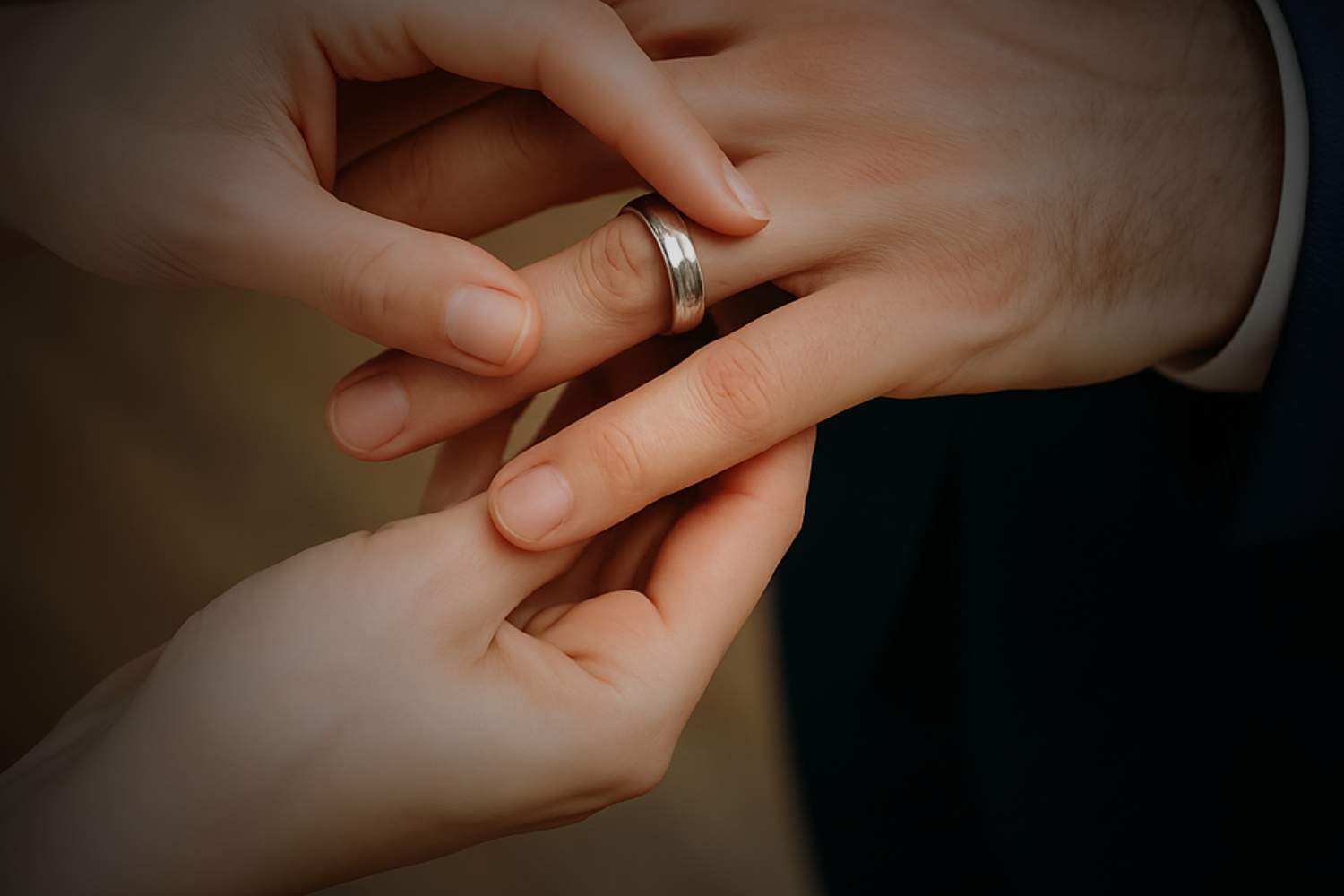The Constitutional Court ruled on Thursday, 11 September 2025, that men in South Africa may now legally take their wives’ surnames after marriage. Until now, only women were legally permitted to change their surnames upon marriage.
The judgment, written by Justice Leona Theron, declared part of the Births and Deaths Registration Act and its regulations unconstitutional because they unfairly discriminated on the basis of gender.
Why this case came to court
The case was brought by two couples who challenged the Department of Home Affairs after being told that only wives could change their surnames.
In one example, Jana Jordaan and Henry van der Merwe wanted Henry to adopt Jana’s surname so that their child could also bear it.
Home Affairs officials said this was not possible. Another couple, Jess Donnelly-Bornman and Andreas Bornman, wanted to use a combined surname “Donnelly-Bornman,” but were told that only the wife could legally apply for the change.
The couples approached the High Court, which agreed that the law was unconstitutional.
The matter was then sent to the Constitutional Court for confirmation.
What the Constitutional Court said
Justice Theron explained that the rule only allowing women to change surnames reinforced “patriarchal gender norms.”
She said this legal framework treated women’s identities as dependent on their husbands and deprived men of the choice to take their wives’ surnames.
The Court ruled that:
- Both men and women must have equal rights to assume their spouse’s surname.
- The old law unfairly discriminated and violated the constitutional right to equality.
- Parliament has 24 months to fix the law, but in the meantime, the Court ordered that both partners in a marriage may change their surname under the current system.
Justice Theron wrote that using inclusive language like “partners” and “spouses,” as found in the Civil Union Act, better reflects South Africa’s constitutional values.
Couples who marry in South Africa now have the legal right to decide which surname they want to use for their family. This means a husband may take his wife’s surname, a wife may take her husband’s, or couples may choose a hyphenated combination.
The Court made it clear that the change applies to marriage partners only. Requests to change a child’s surname must still be made under a different section of the law.
The judgment has been described as a landmark ruling for gender equality. It removes a law that reinforced traditional, one-sided practices where women were expected to change their names but men were not.
By recognising equal choice, the Court said it was correcting a long-standing form of discrimination in South African family law.
